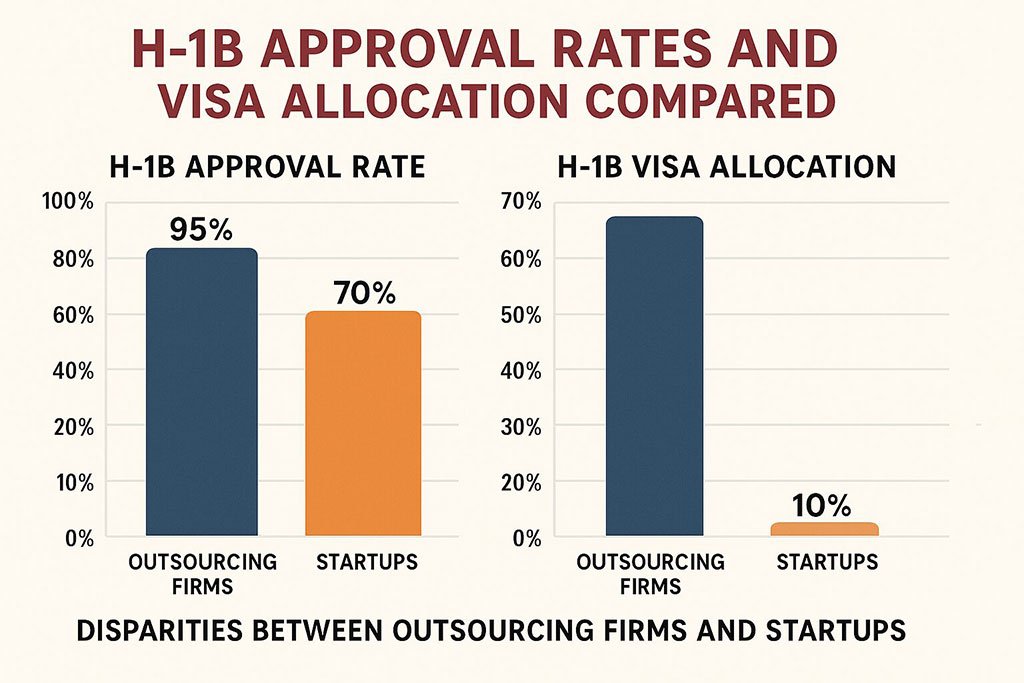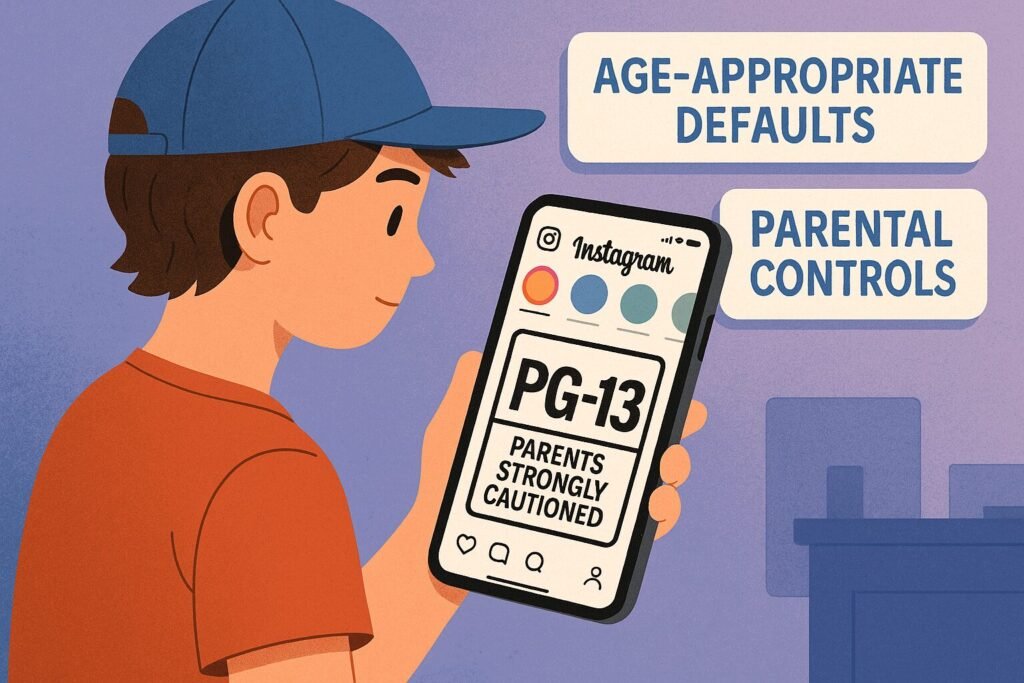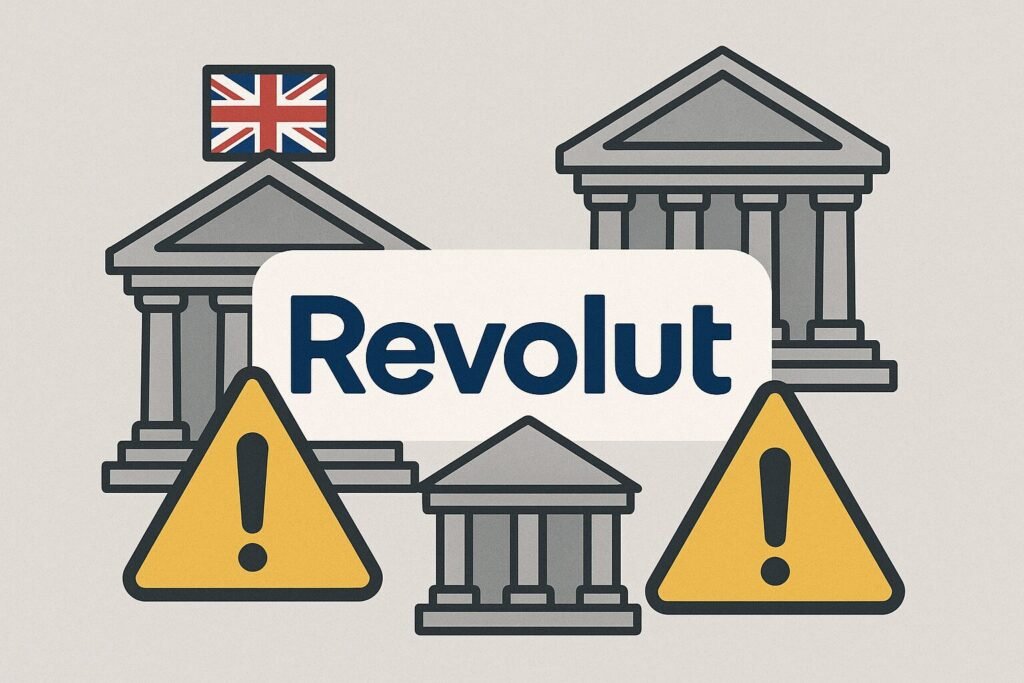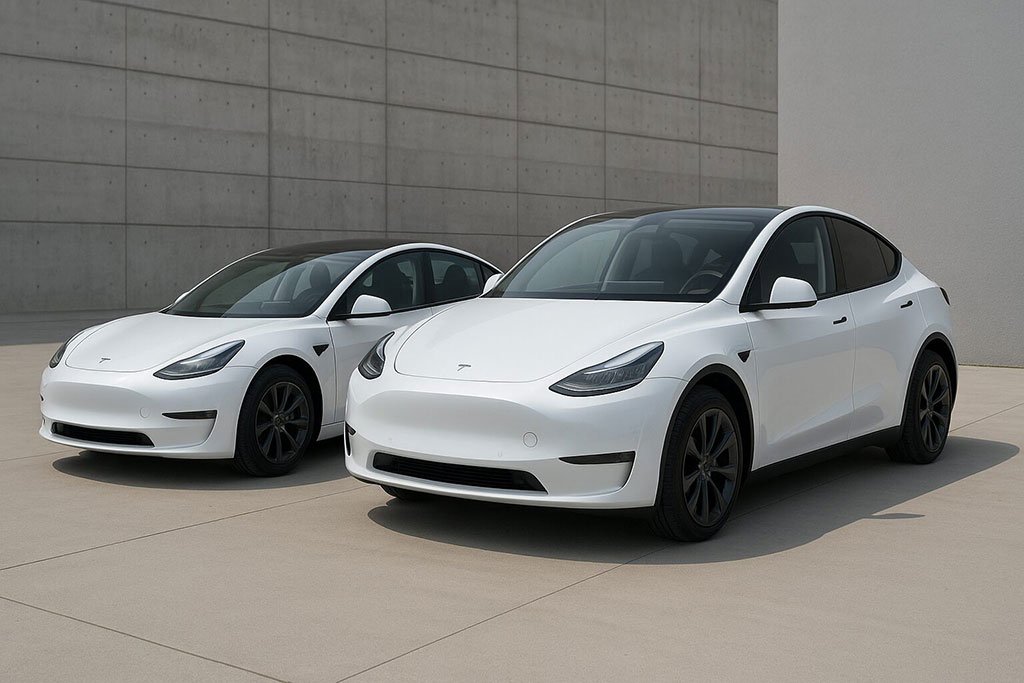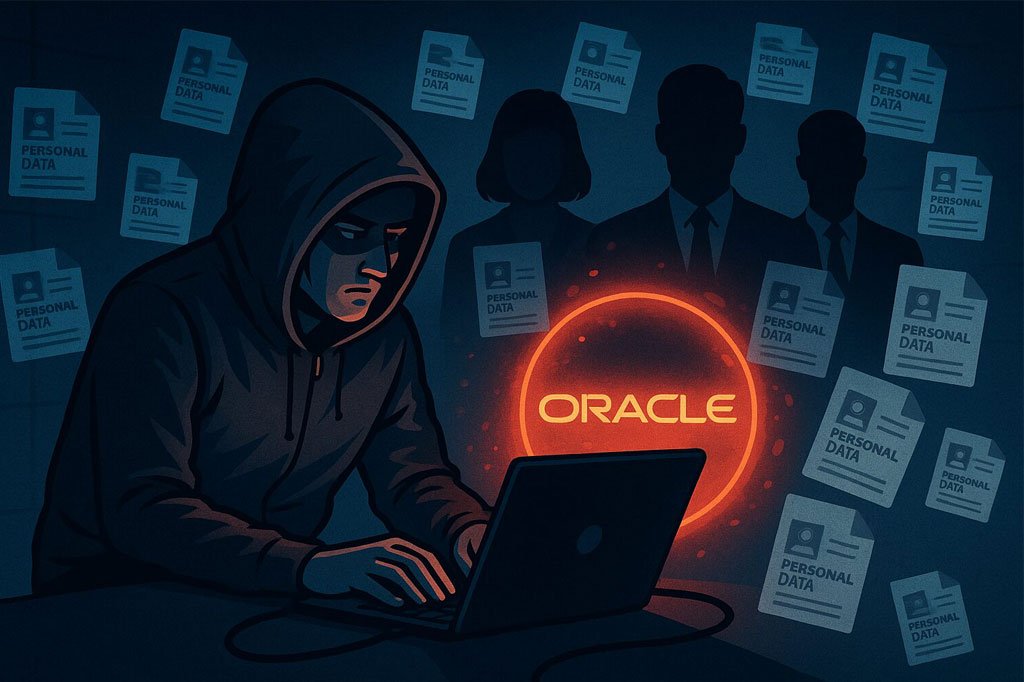Now Reading: German Court Rules Apple Can’t Market Watch as ‘Carbon Neutral’
-
01
German Court Rules Apple Can’t Market Watch as ‘Carbon Neutral’
German Court Rules Apple Can’t Market Watch as ‘Carbon Neutral’
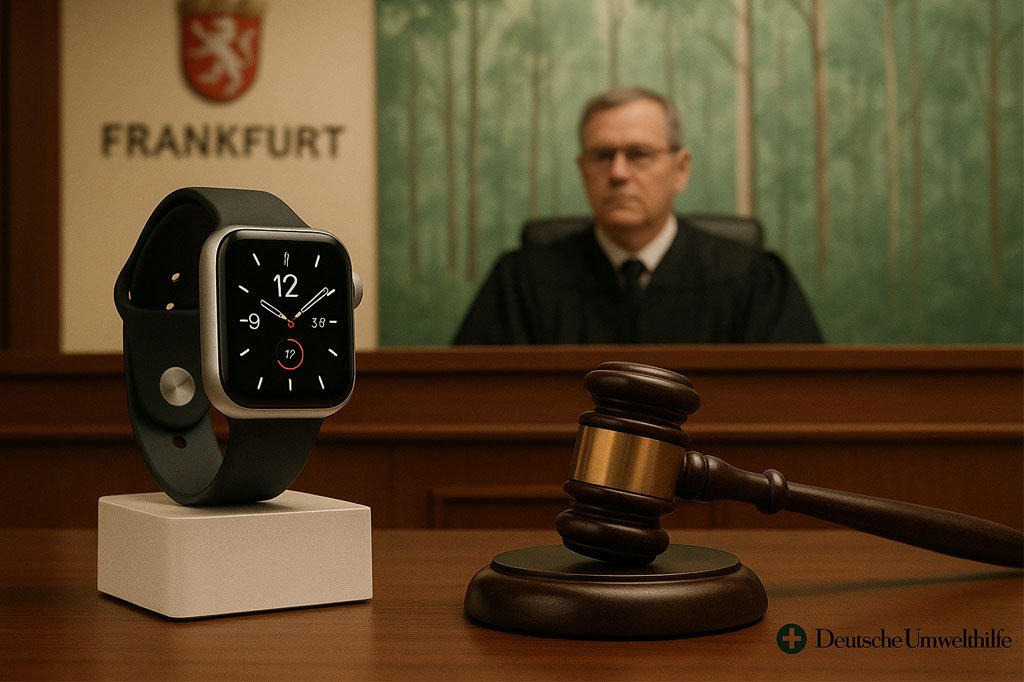
A German court has ruled that the tech giant can no longer advertise its Apple Watch as a “CO2-neutral product” in Germany. The decision, handed down by a regional court in Frankfurt, stems from a complaint by the environmental group Deutsche Umwelthilfe (DUH), which argued that Apple’s claims of carbon neutrality were misleading and violated German competition law. This ruling marks a critical moment in the ongoing debate over corporate greenwashing and the credibility of environmental claims in the tech industry.
Background of the Case
Apple introduced its “carbon neutral” branding for the Apple Watch Series 9, Apple Watch SE, and Apple Watch Ultra 2 in September 2023, touting them as its first CO2-neutral products. The company claimed that a combination of cleaner energy in manufacturing, low-carbon materials, and carbon offset projects reduced the environmental impact of these devices. Specifically, Apple highlighted a project in Paraguay, where it plants eucalyptus trees on leased land to offset carbon emissions, as a cornerstone of its carbon neutrality strategy.
However, environmentalists, led by DUH, challenged these claims, labeling them as “greenwashing.” The group argued that Apple’s carbon neutrality assertions were misleading because they relied heavily on carbon offsets, which may not deliver long-term environmental benefits. The Frankfurt court sided with DUH, ruling that Apple’s marketing was unfounded and deceptive to consumers.
Why the Court Ruled Against Apple
The court’s decision hinged on the lack of long-term guarantees for Apple’s carbon offset project in Paraguay. According to the ruling, 75% of the land leased for the eucalyptus plantations is only secured until 2029, with no assurance that these contracts will be extended. The court emphasized that consumers, influenced by global climate agreements like the Paris Agreement, expect carbon neutrality claims to ensure emissions reductions through 2050. The short-term nature of Apple’s leases undermines the credibility of its “CO2-neutral” label, as there is no guarantee the plantations will remain intact to offset emissions in the long term.
Additionally, critics have raised concerns about the ecological impact of eucalyptus plantations. These monoculture forests, often referred to as “green deserts,” can harm biodiversity and require significant water resources, further questioning the sustainability of Apple’s offset strategy.
Implications for Apple
The Frankfurt court’s ruling has immediate implications for Apple’s marketing in Germany. The company must remove or revise all references to the Apple Watch being “carbon neutral” in its German retail stores, online platforms, and advertisements. This includes promotional materials for models like the Apple Watch Series 10 when paired with specific bands, such as the Sport Loop, Milanese Loop, and Braided Solo Loop, which were previously marketed as carbon neutral.
Apple has the option to appeal the ruling, though it has not yet confirmed whether it will do so. An Apple spokesperson stated that the court’s decision “broadly upheld our rigorous approach to carbon neutrality,” suggesting the company remains confident in its environmental efforts. However, Apple has also indicated it will phase out the “carbon neutral” label by September 2026 to comply with upcoming European Union legislation that restricts such claims to prevent consumer deception.
Broader Impact on the Tech Industry
This ruling is part of a growing scrutiny of corporate environmental claims. Other tech giants, such as Meta and Microsoft, have also invested in carbon offset projects in Latin America, which may face similar challenges. The German court’s decision sets a precedent that could influence how companies market their sustainability efforts, particularly in regions with strict consumer protection and competition laws.
The case also highlights the complexities of carbon offsets. While offsets can help companies achieve net-zero emissions on paper, their effectiveness depends on the permanence and ecological integrity of the projects. The court’s skepticism about Apple’s short-term land leases underscores the need for more robust and transparent environmental strategies.
Apple’s Environmental Strategy Moving Forward
Despite the setback, Apple remains committed to its goal of achieving carbon neutrality across its entire supply chain by 2030. The company has made strides in reducing emissions through clean energy initiatives, greener materials, and low-carbon shipping methods. For instance, Apple claims that its carbon-neutral Apple Watch models generate approximately 8 kilograms of carbon emissions, which is offset through its Paraguay project.
However, the ruling may prompt Apple to rethink its reliance on carbon offsets and focus on direct emissions reductions. The company has already begun removing the “carbon neutral” logo from its packaging, a move that aligns with the upcoming EU regulations and reflects a shift toward more cautious environmental messaging.
Consumer Expectations and Greenwashing
The German court’s ruling reflects growing consumer demand for transparency in environmental claims. As awareness of climate change increases, consumers are becoming more skeptical of vague or unsubstantiated sustainability promises. The term “greenwashing” has gained traction as companies face accusations of exaggerating their environmental efforts to appeal to eco-conscious consumers.
DUH’s head, Juergen Resch, praised the ruling as a victory against greenwashing, stating, “The supposed storage of CO2 in commercial eucalyptus plantations is limited to just a few years, the contractual guarantees for the future are not sufficient, and the ecological integrity of monoculture areas is not guaranteed.” This sentiment underscores the need for companies to back their claims with verifiable, long-term solutions.
The German court’s ruling against Apple’s “CO2-neutral” Apple Watch marketing is a wake-up call for the tech industry. As companies strive to meet ambitious climate goals, they must ensure their claims are transparent, verifiable, and aligned with consumer expectations. For Apple, this decision may accelerate a shift toward more sustainable practices and a reevaluation of its carbon offset strategies. As the tech giant navigates this challenge, the broader industry will be watching closely, knowing that the line between genuine environmental progress and greenwashing is under increasing scrutiny.







